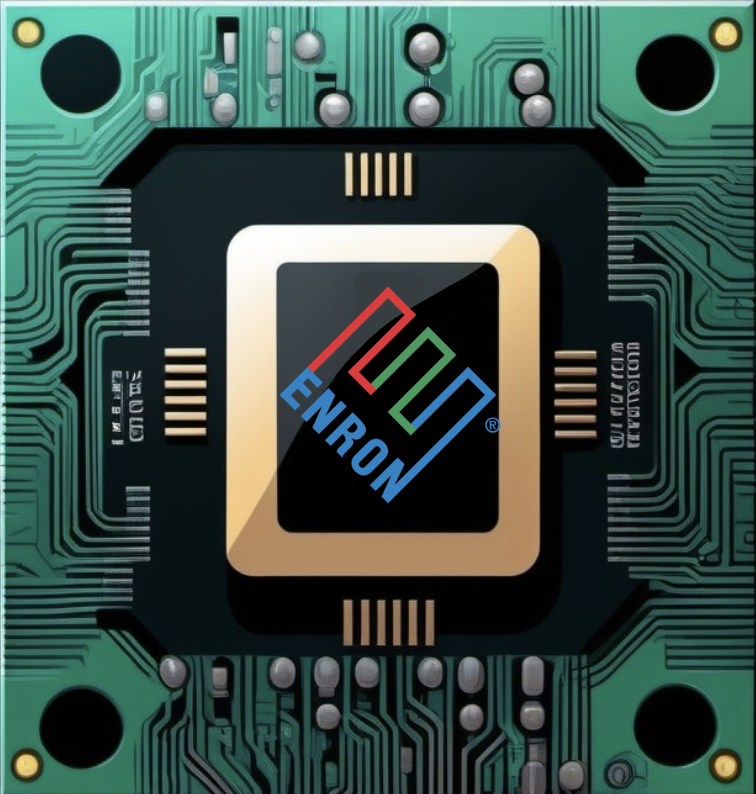
Does the Rise of Neurotech Spell the End of Humanity as We Know it?
Researchers from Imperial College London have written an overview of currently available commercial brain-computer interface (BCI) devices. They also outline technological limitations and humanitarian concerns surrounding technology. The paper was published in APL Bioengineering.
Brain-computer interfaces are devices that allow the brain to communicate with output devices. Some BCI's, such as Neurolink, may seem like science fiction and perhaps some time away from common usage. However, others using pre-existing technology may be more likely to become mainstream in the near term. For this study, the researchers conducted a review of commercially available BCI's.
Currently, electroencephalography (EEG) is the operating method of choice for BCI's. This is because the technology is noninvasive, offers high temporal resolution, is easy to use, and is relatively inexpensive. While these devices require some improvement before widespread adoption, the researchers preempt utility for the devices both in medical and nonmedical settings could make them mainstream in the future.
In particular, they highlight their utility in aiding movement in those with neurodegenerative diseases that impair motor function and other aspects of the central nervous system. For example, they could be used to help patients control wheelchairs or robotic limbs. The temporal accuracy of these devices is also useful in monitoring neurodegenerative disorders.



















